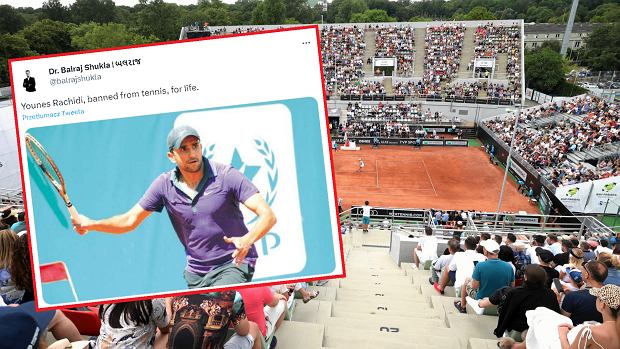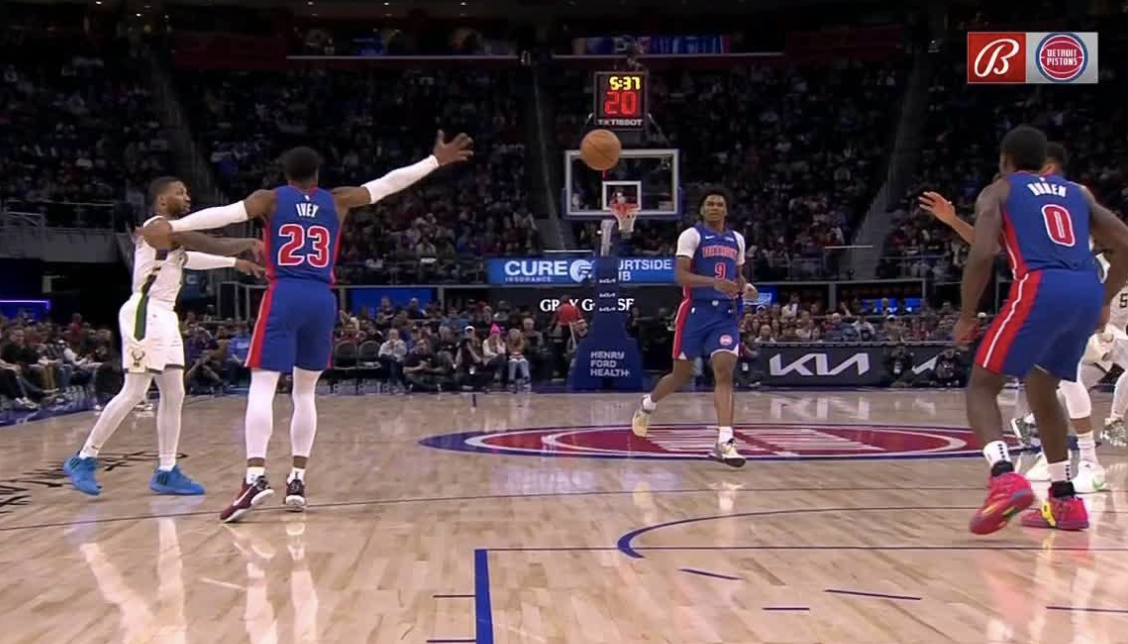By Anna Boulet-Alips, Year 12
On the week of the 6th of March 2023, the Moroccan tennis hero, Younès Rachidi was banned from the professional tennis scene (ATP and ITF) for life as well as charged with a 34’000$ fine. The player, whose highest doubles ranking had once reached No. 473, is now forever disallowed from either coaching, playing, or even attending any professional (WTA or ATP) tennis event. But why?
Mr. Rachidi was charged with match-fixing, meaning; “the agreement of fixing any aspect of a match or tournament”, the athletic equivalent of fraud. According to the International Tennis Integrity Agency, this is the highest number of match-fixing by one person ever detected in the sport, with a proven number of 135 matches. As famously said: “A drowning man will always drag somebody down with him”. Along with Younès Rachidi, two Algerian players were recently banned following investigations in Belgium. The conflict rapidly reached international attention as he was proven to break the law in Spain, Portugal, Egypt, and Nigeria.
In her ruling, Janie Soublière, Independent Anti-Corruption Hearing Head Officer, concluded that all allegations of the report against the Moroccan player were factually true. The ITF (International Tennis Federation) is famously known for its zero-tolerance policy when it comes to match-fixing, fraud, and any report of inappropriate behavior has always proven to be taken very seriously. The integrity of the sport originates from its famous motto: “The sport of all gentlemen”, although this statement hasn’t aged well, and is particularly un-inclusive, it has been seriously considered and continuously proved throughout the ethics of the sport.
In conclusion, this scandal has successfully emphasized the upholding of the principles of sportsmanship and fair play in professional sport. The ITF’s decision to fine Rachidi $34,000 and permanently ban him from professional tennis courts serves as a warning that violations of sporting ethics are extremely serious and will not be tolerated under any circumstances. Unfortunately, controversy in sports is part of the nature of discipline, but it nonetheless should not be taken lightly. Such conduct not only undermines the competitiveness of the sport, but also undermines the reputation of the discipline and the trust of the audience in athletes’ performances. This incident serves as a stark reminder that all sports proper functioning depends upon respect, equality, and fairness.
Banned for Life: Younès Rachidi



